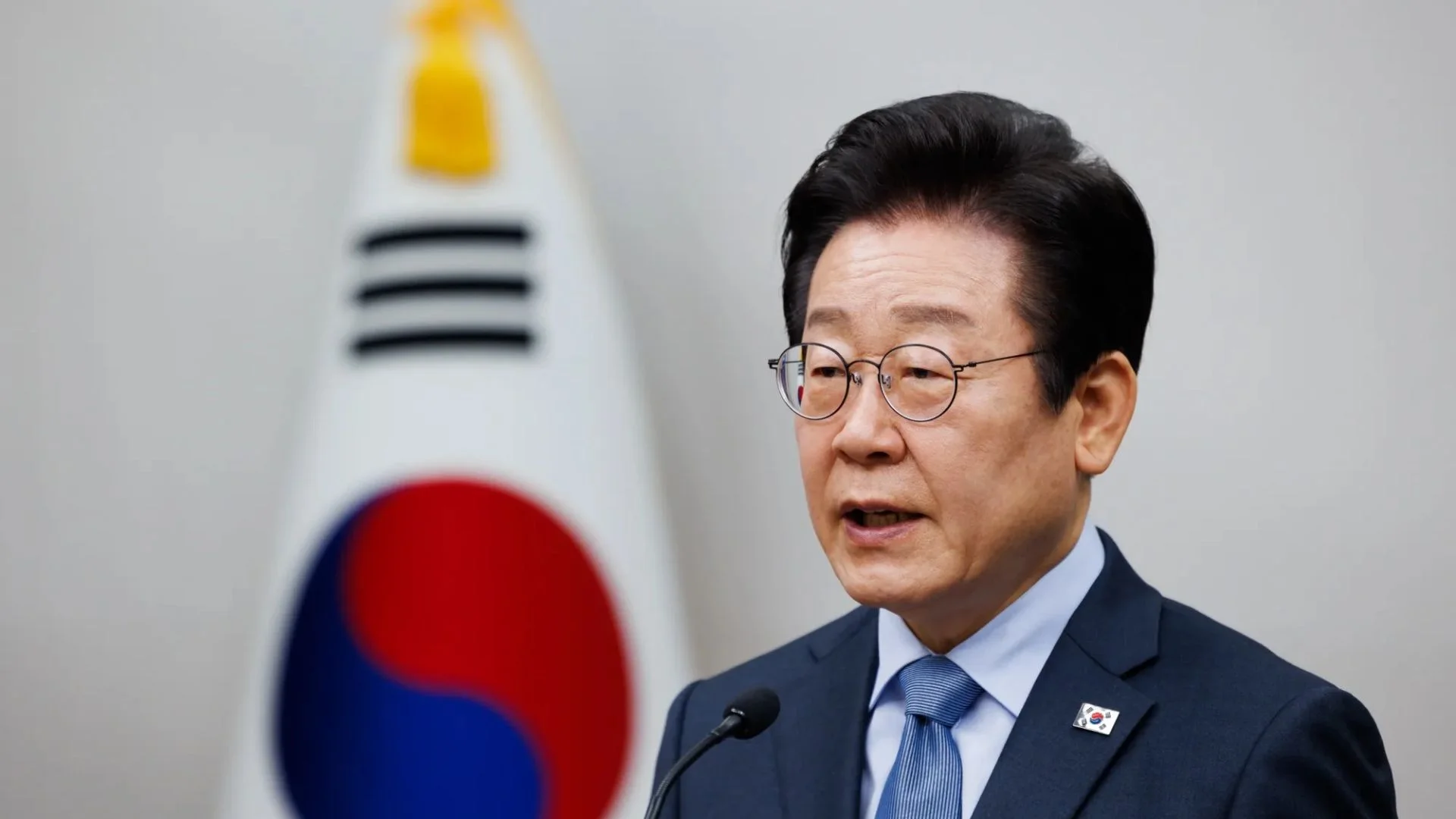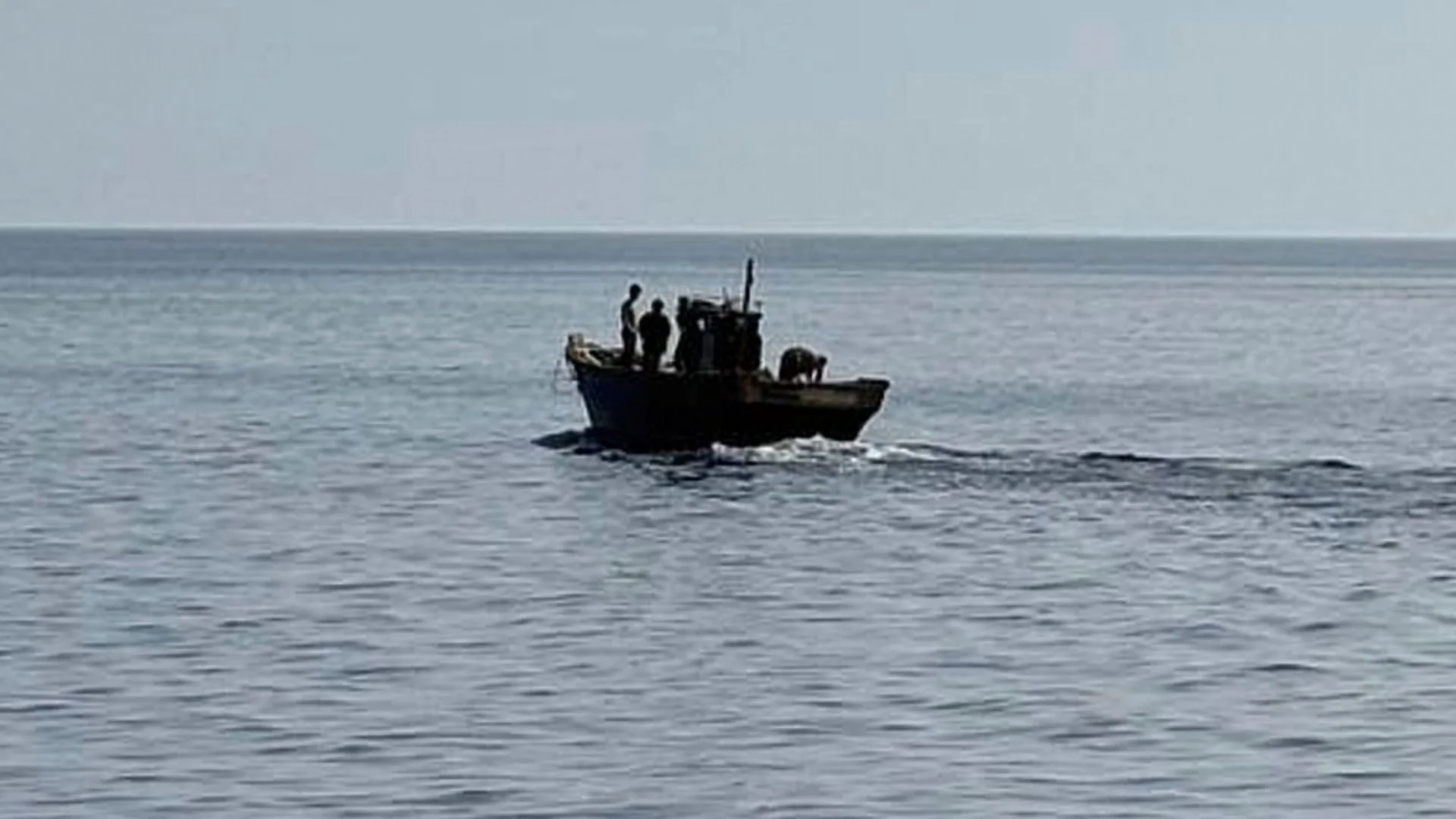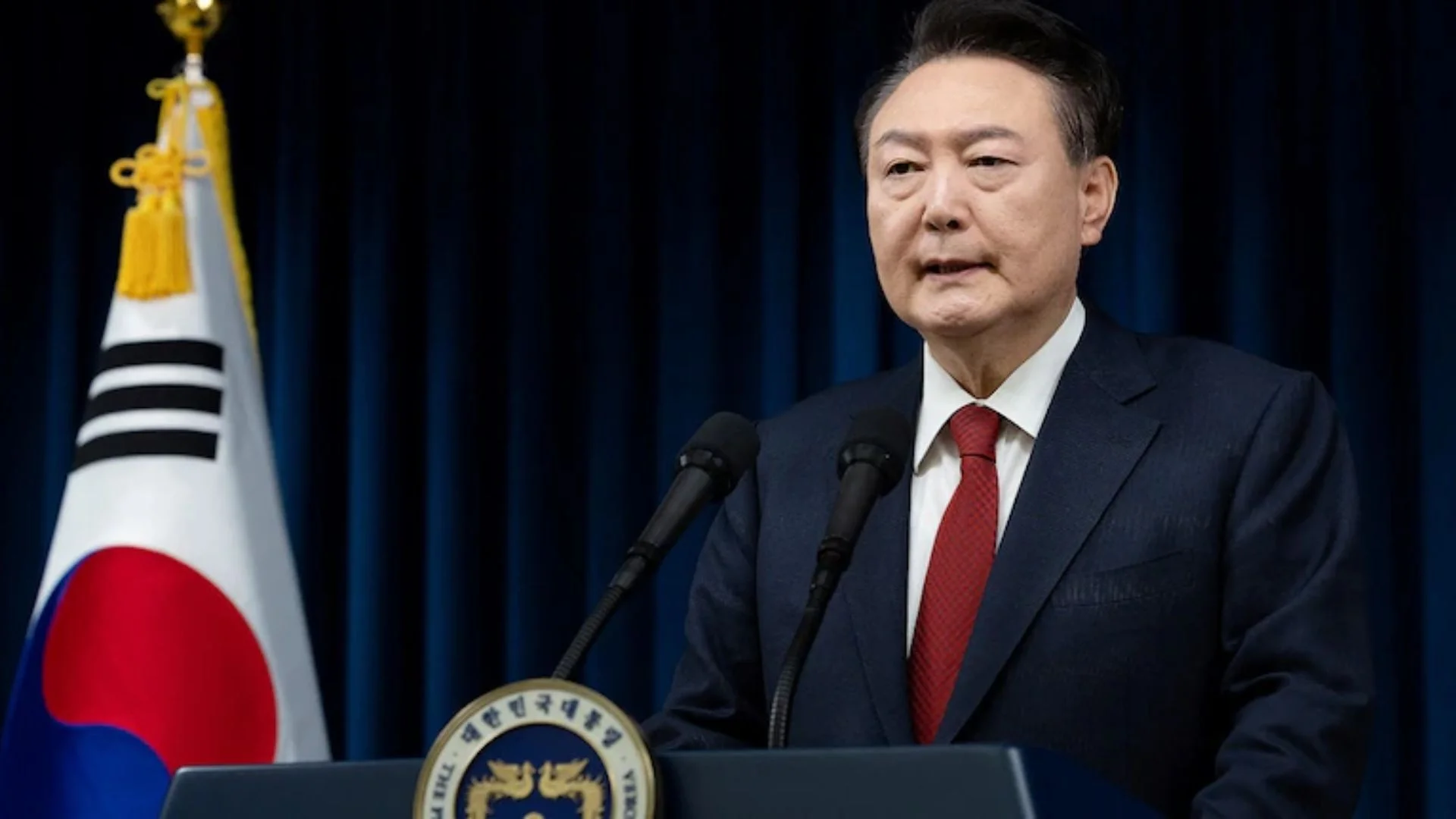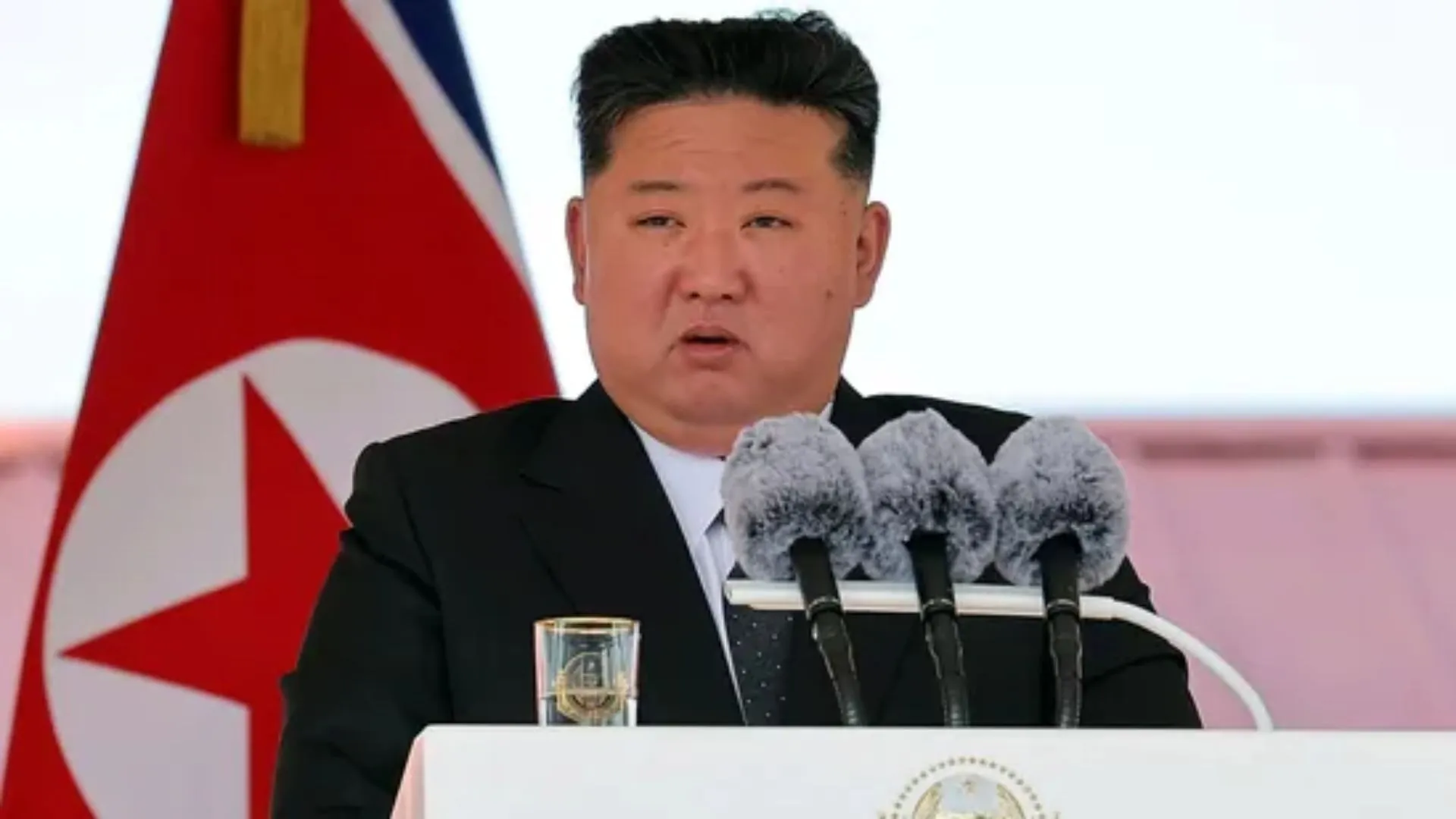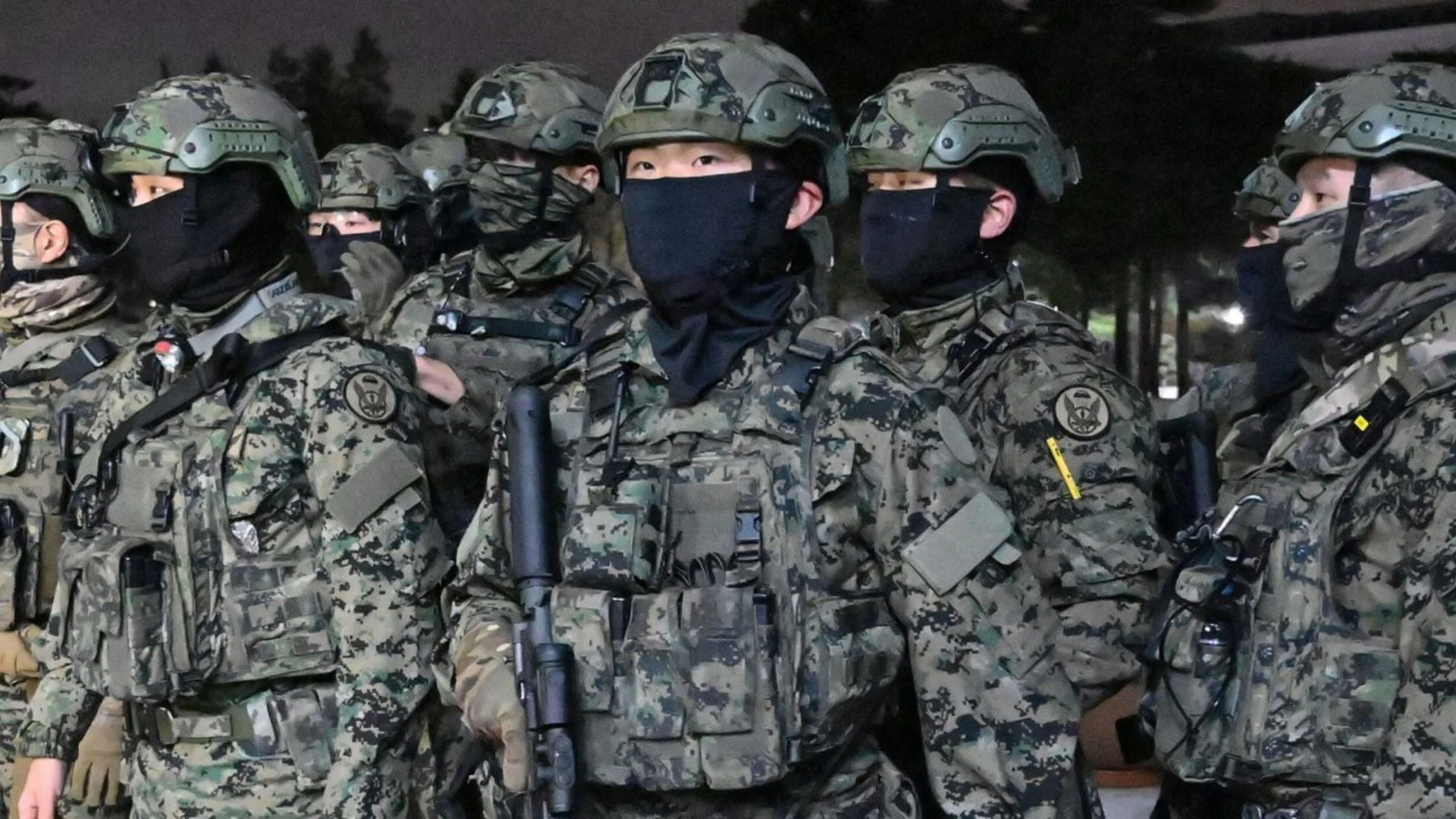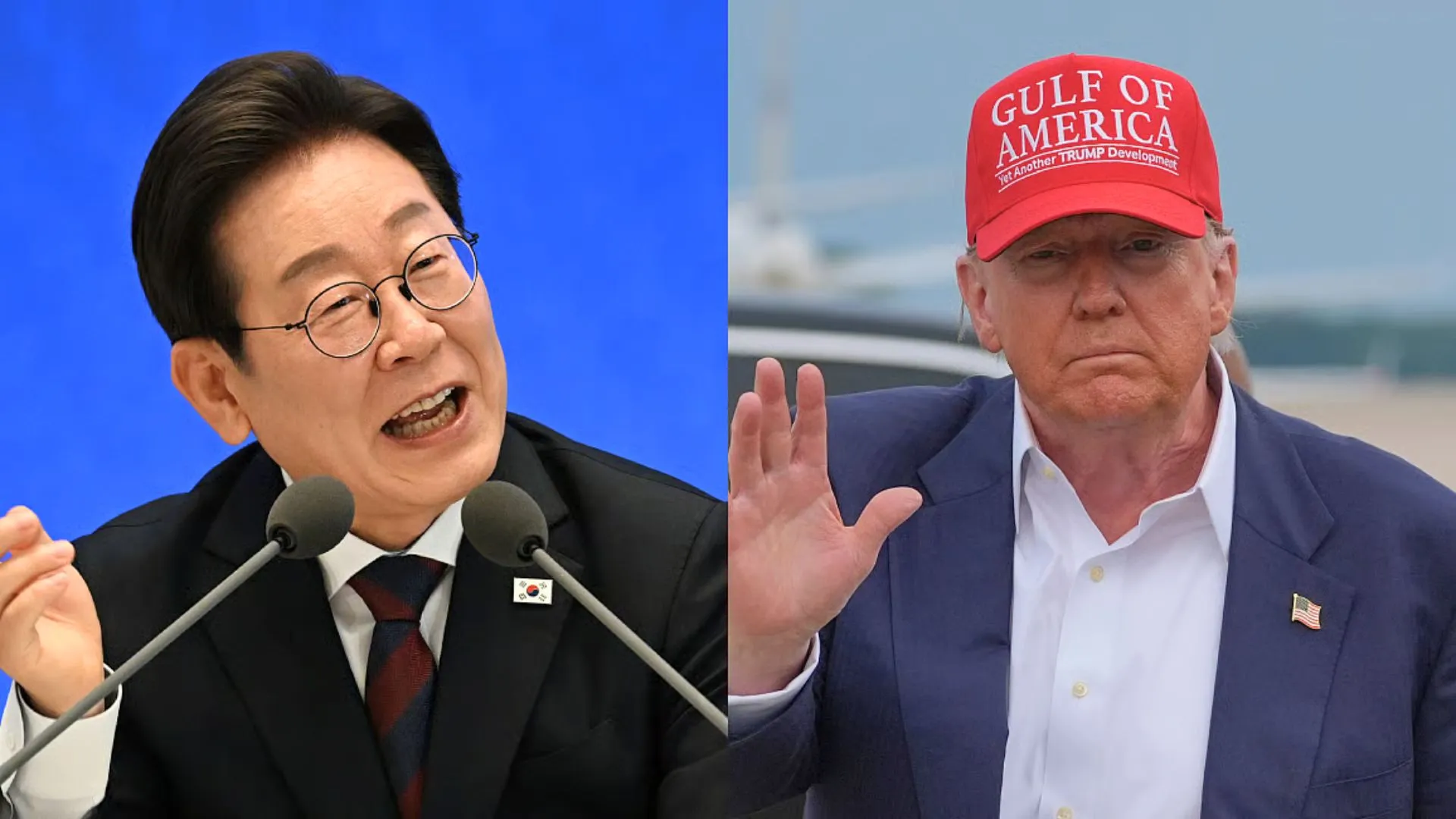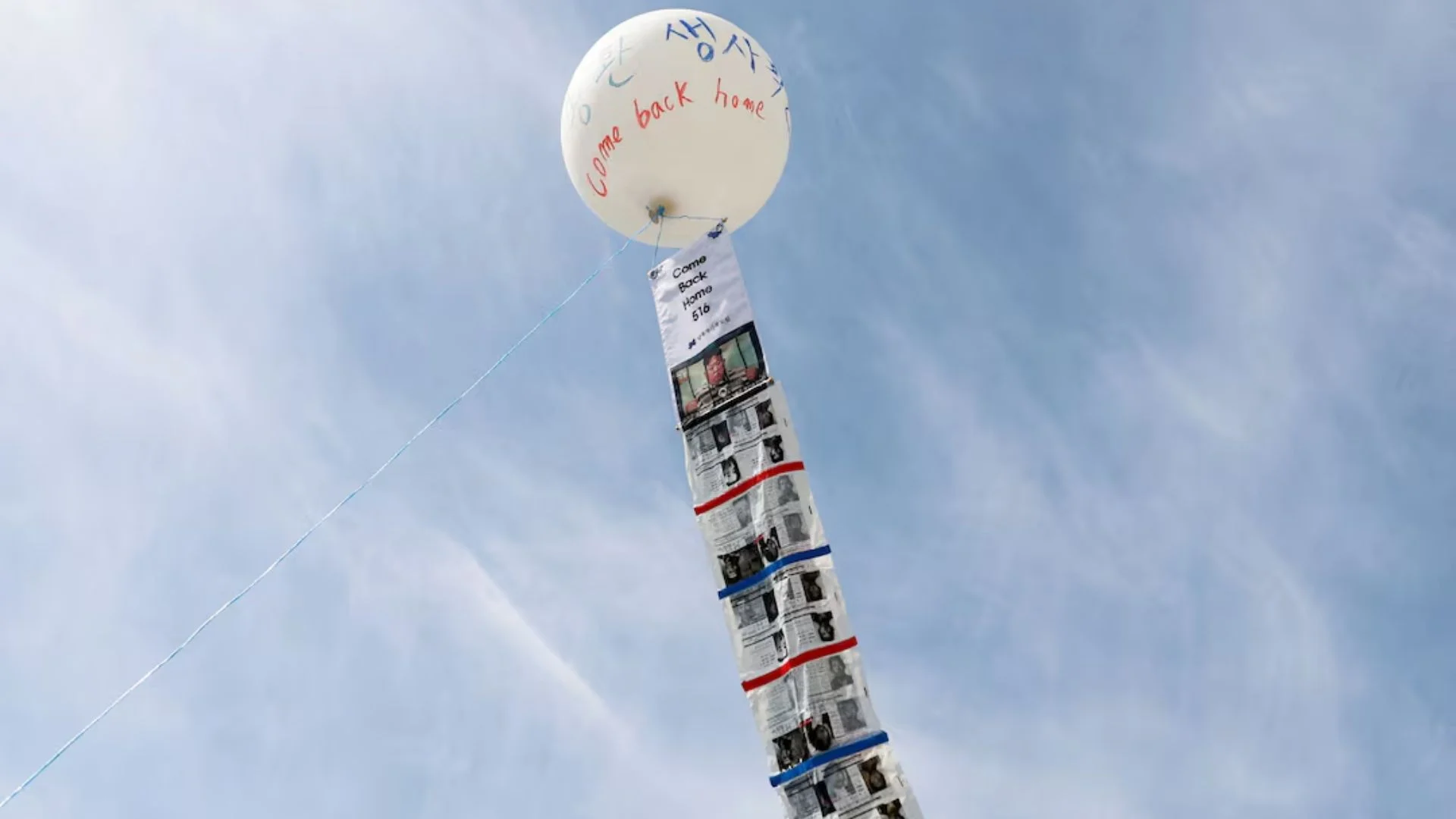South Korea voted for a new president. Lee Jae-myung from the Democratic Party won the election. His rival, Kim Moon-soo from the conservative People Power Party, accepted defeat.
This election followed the impeachment of President Yoon Suk Yeol, who tried to impose martial law. That decision caused major unrest and led to his removal from office. According to exit polls by three Korean news channels, Lee got 51.7% of the votes. Kim trailed behind with 39.3%.
From Poverty to Presidency
Lee’s life story is one of hardship and determination. He was born in 1963 in Andong, a poor village in Gyeongbuk Province. He was the fifth of seven children.
Because of financial problems, he left school early to support his family. As a teenager, he worked in several factories. At age 13, he suffered a serious accident that left one of his arms permanently damaged.
Despite the setback, Lee continued to study. In 1978, he took high school entrance exams. Later, he earned a law degree from Chung-Ang University with a full scholarship. He passed the bar exam in 1986.
He married Kim Hye-kyung in 1992, and they have two children.
Political Career and Welfare Policies
Lee began his political journey in 2005 after working as a human rights lawyer for nearly 20 years. He joined the Uri Party, which later became the Democratic Party of Korea.
Though he lost the Seongnam mayoral race in 2006, he won it in 2010 and again in 2014. As mayor, he introduced welfare programs like city-funded school uniforms.
He also served as governor of Gyeonggi Province. During the COVID-19 pandemic, he clashed with the national government over relief funds. He insisted on providing universal aid to all residents in his province.
Loved by Workers, Criticised by Elites
Lee remains a polarising figure. Many elites oppose him, but he enjoys strong support from working-class voters.
“Still, on certain issues – like addressing past wrongs [during the Japanese colonial era], welfare and corruption – he has built a loyal and passionate support base by taking a firm and uncompromising stance,” said Professor Lee Jun-han from Incheon National University.
In the 2022 presidential election, Lee ran for the top post but narrowly lost to Yoon Suk Yeol. He promised a universal basic income if elected.
Lee Pressured Yoon’s Government
After losing the 2022 election, Lee became the opposition leader. He strongly criticised Yoon’s policies and pushed for the impeachment of several government officials.
In January, Lee survived an assassination attempt. A man stabbed him in the neck while pretending to ask for an autograph. Doctors performed a two-hour surgery to repair his jugular vein, Time magazine reported.
Now, Lee campaigns behind bulletproof glass while wearing a bulletproof vest.
Legal Troubles and Controversies
Lee’s political career has faced many challenges. In 2004, he was caught drink-driving—an act frowned upon in Korea’s conservative society.
In 2018, rumours surfaced about an alleged extramarital affair. He is also fighting legal battles that could affect his presidency.
In 2023, he was charged with bribery, corruption, and breach of trust over a land deal. He also faced accusations of lying during a televised debate in the 2022 election, which violated the Public Official Election Act.
In November 2024, a court gave him a one-year suspended jail sentence. However, in March, an appeals court cleared him. Later, South Korea’s Supreme Court overturned that ruling. The next hearing will take place on June 18 at the Seoul High Court.
Presidential Immunity May Protect Him
If Lee takes office before any conviction, he may not face criminal charges. According to The Korea Times, Article 84 of the Constitution protects sitting presidents from prosecution unless the case involves insurrection or treason.
Yoon’s Downfall Helped Lee’s Rise
Lee gained momentum when Yoon declared martial law in December. Public anger grew quickly. Lee urged people online to protest the move. As pressure mounted, Yoon was impeached. That opened the door for Lee to return to the political spotlight—and eventually win the presidency.

